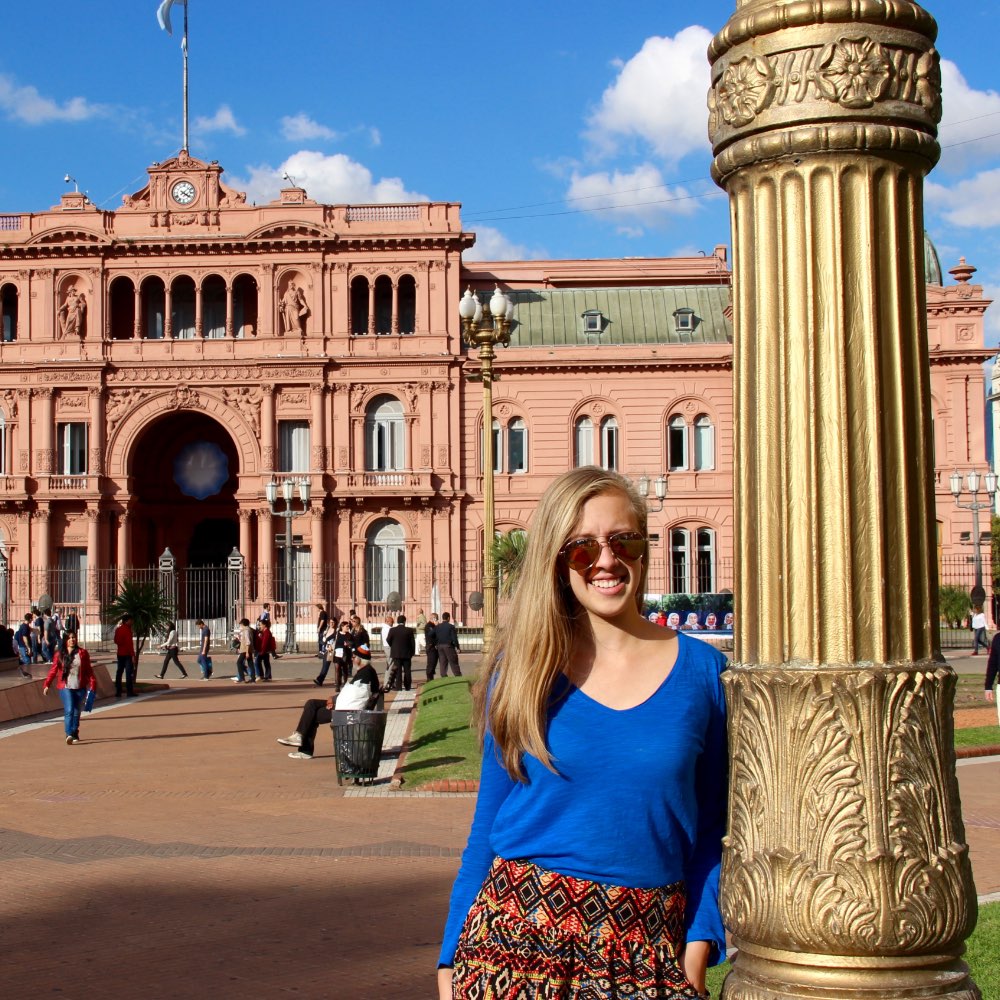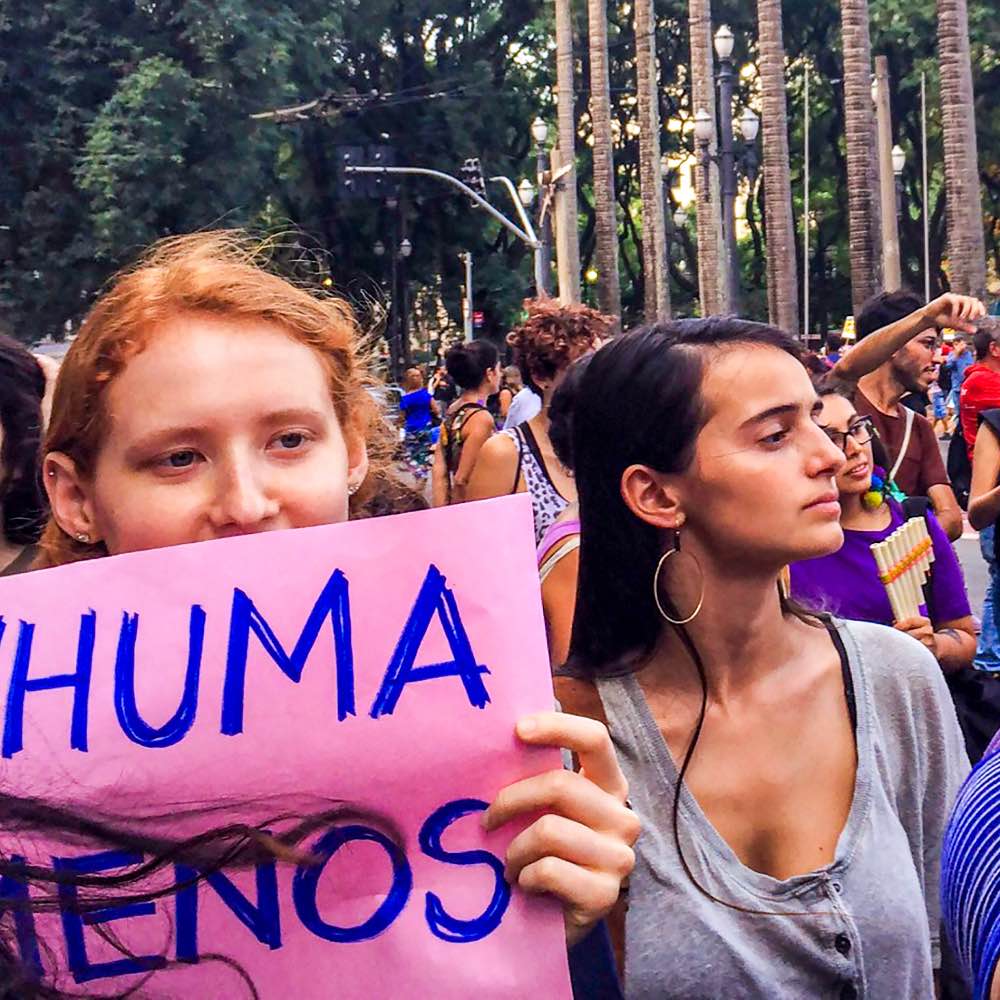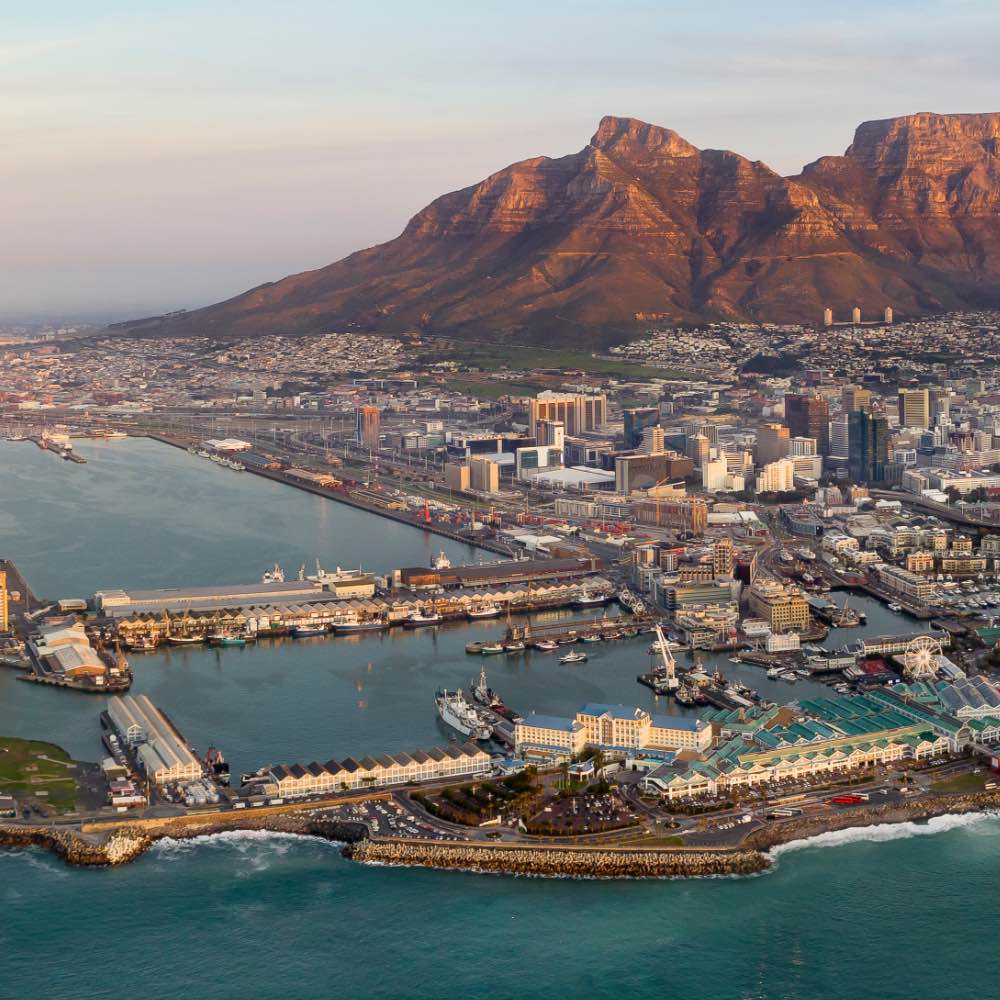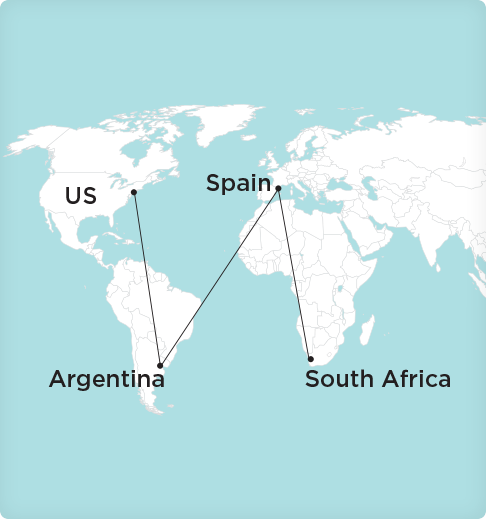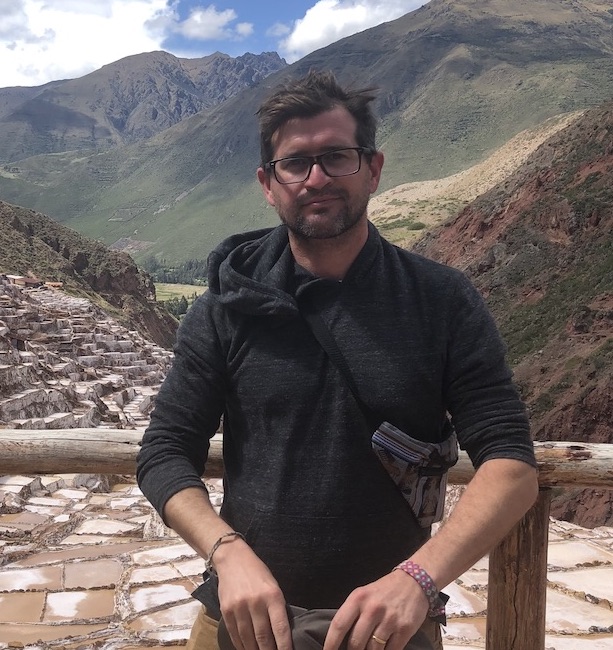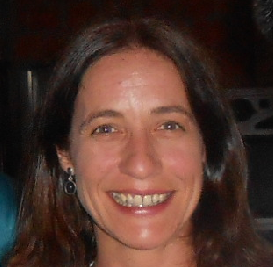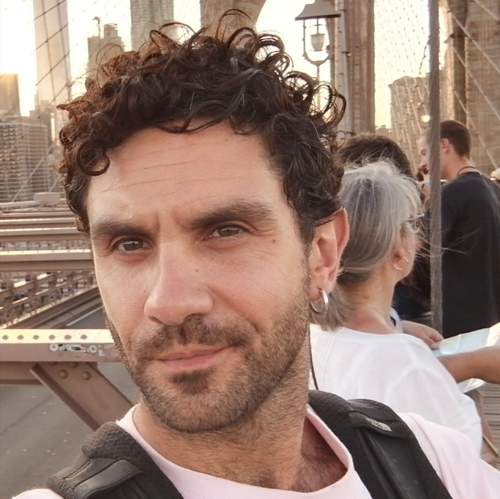Overview
Why Study Cities in the 21st Century?
Through the prism of social justice, examine how four global cities—New York, Buenos Aires, Barcelona, and Cape Town—work and operate within the global economy. This program takes a holistic and interdisciplinary view of critical urban issues, drawing not only from urban studies coursework but also student field-based observations, guided excursions, guest lectures, and homestay experiences. Meet with thought leaders and academics, public agencies, planners, elected officials, nonprofits, and grassroots movements to see how urban citizens organize to envision, build, and create more just cities. Along the way, you will focus on fieldwork methods, and ethics while completing a comparative research project on a topic of your choice. By immersing yourself in four truly international cities undergoing rapid change, compare how politics, economics, culture, and local history and geography interact with global forces to shape urban social relations, institutions, and the built environment in unique ways and with particular challenges.
Explore a Day in the Life of an IHP student!
Photos on this page may depict program sites from previous semesters. Please view the Program Sites section of this page to see where this program will travel.
Highlights
- Live and study in four global cities undergoing rapid change and facing unique challenges across four continents.
- Explore how politics, economics, culture, and geography shape built urban environments.
- Learn how to critically “read” a city and understand complex interconnected urban systems.
- Meet renowned academics, innovative thinkers and activists, grassroots entrepreneurs, public officials, and NGO leaders.
- Observe the community activism, political organizing, and social entrepreneurship that produce thriving urban environments.
Prerequisites
None, but previous college-level coursework or other background in urban studies, including through anthropology, sociology, economics, political science, geography or other related fields in the social sciences is strongly recommended.




